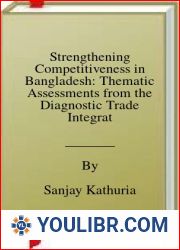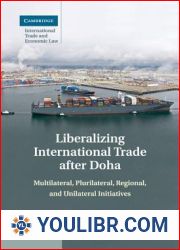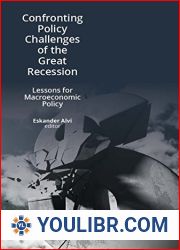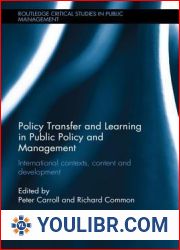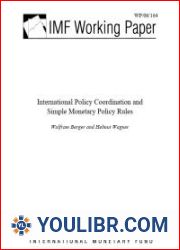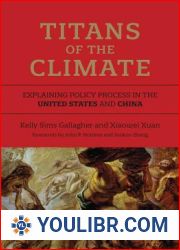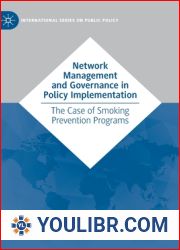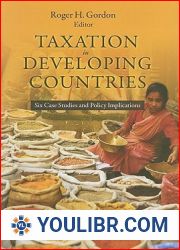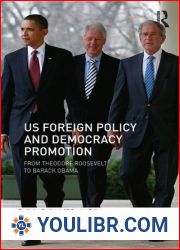
BOOKS - Trade Policy and Food Security: Improving Access to Food in Developing Countr...

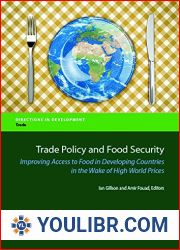
US $5.53

499974

499974
Trade Policy and Food Security: Improving Access to Food in Developing Countries in the Wake of High World Prices (Directions in Development)
Author: Ian Gillson
Year: December 11, 2014
Format: PDF
File size: PDF 15 MB
Language: English
Year: December 11, 2014
Format: PDF
File size: PDF 15 MB
Language: English
Based on forecasts of global population growth, food security will remain an important economic development issue over the next several decades. In addition, real food prices have risen in recent years after decades of decline, bringing the issue of food security even further into the public spotlight. However, there is no global food the problem is one of moving food, often across borders, from surplus production areas to deficit ones at prices that low-income consumers in developing countries can afford.Trade can be an excellent buffer for domestic fluctuations in food supply. World output of a given food commodity is far less variable than output in individual countries so increased trade integration holds considerable potential to stabilize food prices, boost returns to farmers and reduce the prices faced by consumers. Trade liberalization protects national food markets against domestic shocks by allowing more food to be imported in times of shortage and exported in periods of plenty. Historically, however, most countries have chosen to take the opposite approach by restricting imports of food and discouraging exports to keep domestic markets isolated from international shocks. Food commodity markets, therefore, remain highly distorted despite the wave of liberalization that has swept world trade since the 1980s.In addition to examining the determinants of recent food price spikes, Trade Policy and Food Security explores the impact of food prices on economic welfare, and how the effect of price changes on food security and economic welfare in developing countries can be mitigated through appropriate national policies at the border. It highlights the importance of both the extension and continued application of existing WTO disciplines on trade-distorting agricultural trade policies as a key resolution to the collective action problem witnessed during the recent food price spikes, whereby unilateral border policies - especially export controls - simply exacerbated the initial price increases.








